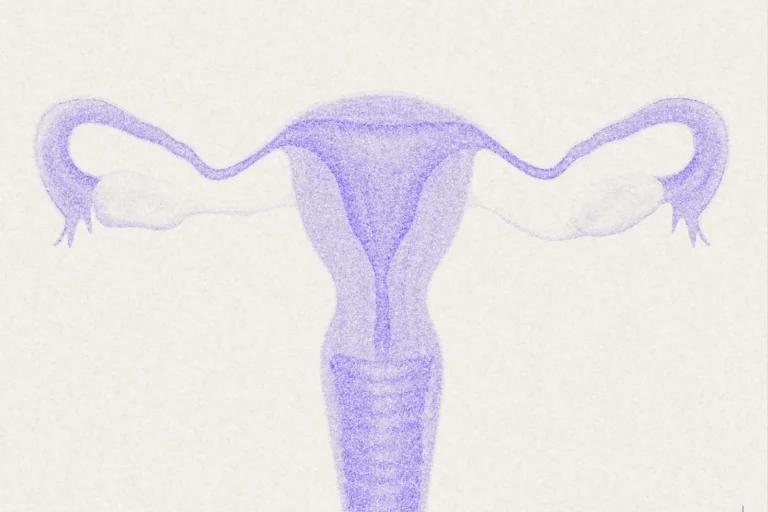
Fibromyalgia is a chronic condition that has long puzzled the medical community. Characterised by widespread pain, fatigue, sleep disturbances, and cognitive difficulties, this disorder affects millions of individuals worldwide, predominantly women. For years, the origins of fibromyalgia have remained unknown, with healthcare providers struggling to pinpoint the underlying causes and develop effective treatment plans. However, a recent groundbreaking study has uncovered a potential breakthrough in our understanding of this complex pain condition.
What is fibromyalgia?
Fibromyalgia is a chronic disorder characterised by musculoskeletal pain, fatigue, sleep disturbances, memory issues, and mood changes. Fibromyalgia affects millions worldwide, with women being more likely to develop it than men.
The main symptom is chronic pain throughout the body, which may be described as an ache, a burning sensation, or a sharp, stabbing pain. Individuals with fibromyalgia pain often experience heightened sensitivity to touch, known as allodynia, and may find even slight contact painful. Other common symptoms include stiffness, especially after remaining in one position for extended periods, and extreme tiredness that can come on suddenly. Cognitive difficulties, often referred to as “fibro fog,” can affect memory, attention, and concentration.
While the exact cause of fibromyalgia remains unknown, researchers believe it involves abnormal pain processing in the central nervous system. Triggers may include physical trauma, infections, or significant psychological stress. Fibromyalgia often co-exists with other conditions such as irritable bowel syndrome (IBS), chronic fatigue syndrome, and mental health problems.
Treatments for fibromyalgia
Treatment for fibromyalgia aims to ease symptoms and improve quality of life, but no single treatment will work for everyone. Treatments recommended are:
- Exercise: Regular exercise helps to reduce pain and improve overall quality of life
- Talking therapies: Acceptance and commitment therapy (ACT) and cognitive behavioural therapy (CBT)
- Medications such as antidepressants which help to relieve the pain, improve sleep problems, emotional health and your overall quality of life
The autoimmune connection
Many medical experts suspect fibromyalgia to be an autoimmune disease because of the condition’s similarities to health conditions such as lupus, Sjögren’s syndrome, rheumatoid arthritis, and multiple sclerosis.
Joint research by scientists from King’s College London, the University of Liverpool, and the Karolinska Institute has revealed that fibromyalgia may be an autoimmune disease. The study, published in the Journal of Clinical Investigation shows evidence that the symptoms of fibromyalgia are directly linked to the presence of specific autoantibodies in the patient’s bloodstream.
The study’s findings offer even more intriguing insights. When the researchers observed mice over time, they found that the fibromyalgia-like symptoms gradually subsided as the antibodies were cleared from the animals’ systems. This discovery suggests that therapies aimed at reducing antibody levels in patients may hold the key to effective treatment for fibromyalgia.
Fibromyalgia vs. Autoimmune Diseases
While fibromyalgia shares some similarities with autoimmune diseases, there are key differences. Autoimmune disorders involve the immune system attacking healthy cells, causing inflammation and tissue damage. Fibromyalgia, however, doesn’t show evidence of inflammation or tissue damage. Instead, it’s characterised by widespread pain and heightened sensitivity to stimuli.
Both conditions can cause fatigue, joint pain, and sleep disturbances. However, autoimmune diseases like lupus may present with specific symptoms such as rashes or organ involvement. Fibromyalgia patients often experience “fibro fog,” affecting memory and concentration.
Diagnosis methods differ as well. Autoimmune diseases can be identified through blood tests for specific antibodies, while fibromyalgia diagnosis relies on symptom assessment and ruling out other conditions. Despite these differences, fibromyalgia and autoimmune diseases can coexist, complicating diagnosis and treatment.
Conclusion: A glimmer of hope
The implications of this study are profound. Establishing that fibromyalgia is an autoimmune disorder has the potential to transform the way we treat this complex condition. With the promise of more effective treatment options and the hope of improved diagnostic tools, the future and quality of life for fibromyalgia patients looks brighter than ever before.
Sources
- New study shows Fibromyalgia likely the result of autoimmune problems – King’s College London
- Fibromyalgia – Autoimmune Association
- Is fibromyalgia an autoimmune disorder? – PubMed
- Fibromyalgia – ACR
Medical Disclaimer
NowPatient has taken all reasonable steps to ensure that all material is factually accurate, complete, and current. However, the knowledge and experience of a qualified healthcare professional should always be sought after instead of using the information on this page. Before taking any drug, you should always speak to your doctor or another qualified healthcare provider.
The information provided here about medications is subject to change and is not meant to include all uses, precautions, warnings, directions, drug interactions, allergic reactions, or negative effects. The absence of warnings or other information for a particular medication does not imply that the medication or medication combination is appropriate for all patients or for all possible purposes.









